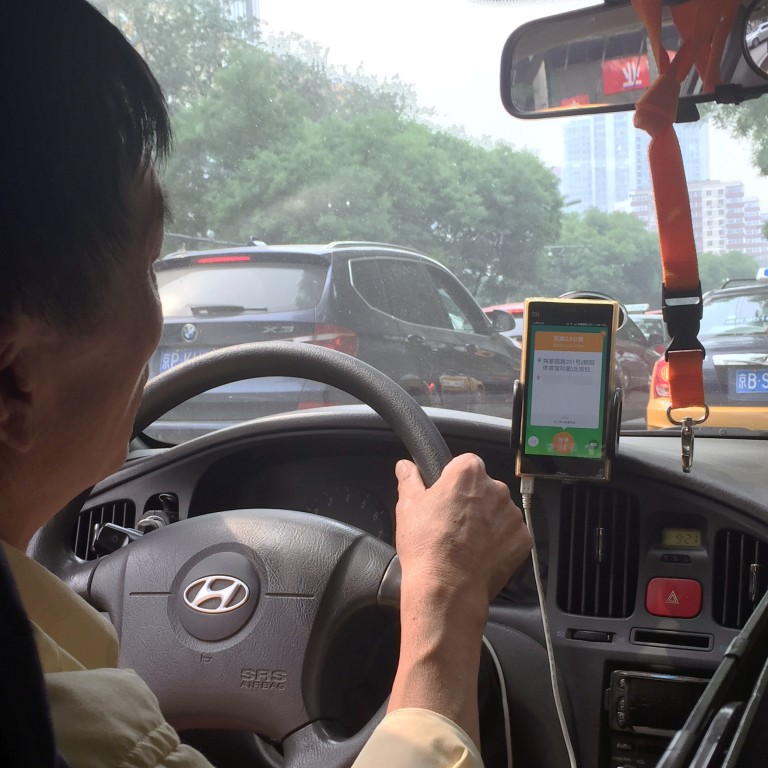
Targeting Uber and Didi Kuaidi, Beijing launches official car-hailing app
China's capital has launched a government-backed car-hailing app called Shouqiyueche at a time when taxi drivers nationwide have been complaining of increased market pressure from San Francisco-based Uber and Chinese market leader Didi Kuaidi.
Unveiled this week, the app connects users with an official service of licensed vehicles and drivers.
The 500 cars currently in operation were previously officially licensed taxis, which had struggled to find curb-side customers as more people book cabs online, according to state media.
Unlike regular taxi drivers, Shouqiyueche employees do not have to pay rental costs, gas or maintenance fees.
Didi Kuaidi, which is backed by Chinese internet giants Tencent and Alibaba, has faced increased pressure in recent months, amid competition from Uber and crackdowns on its service in multiple Chinese cities.
Didi has made some ground in gaining official recognition, partnering with local governments in Shanghai and Zhuhai, also in Guangdong, to create licensed car-hailing platforms.
